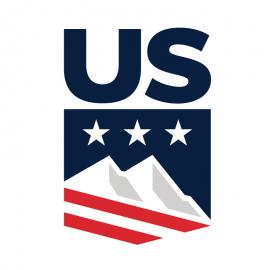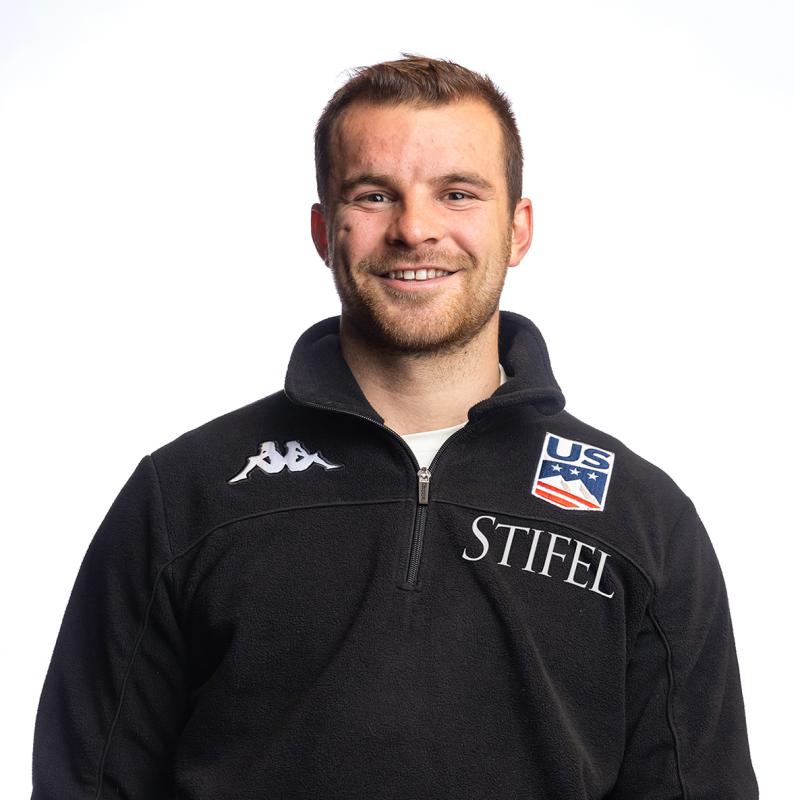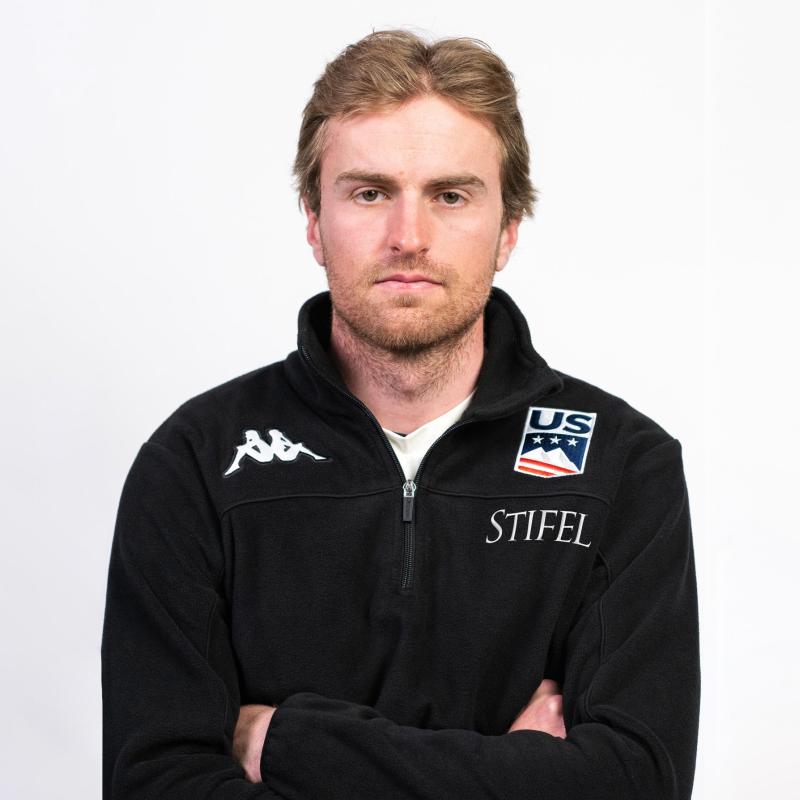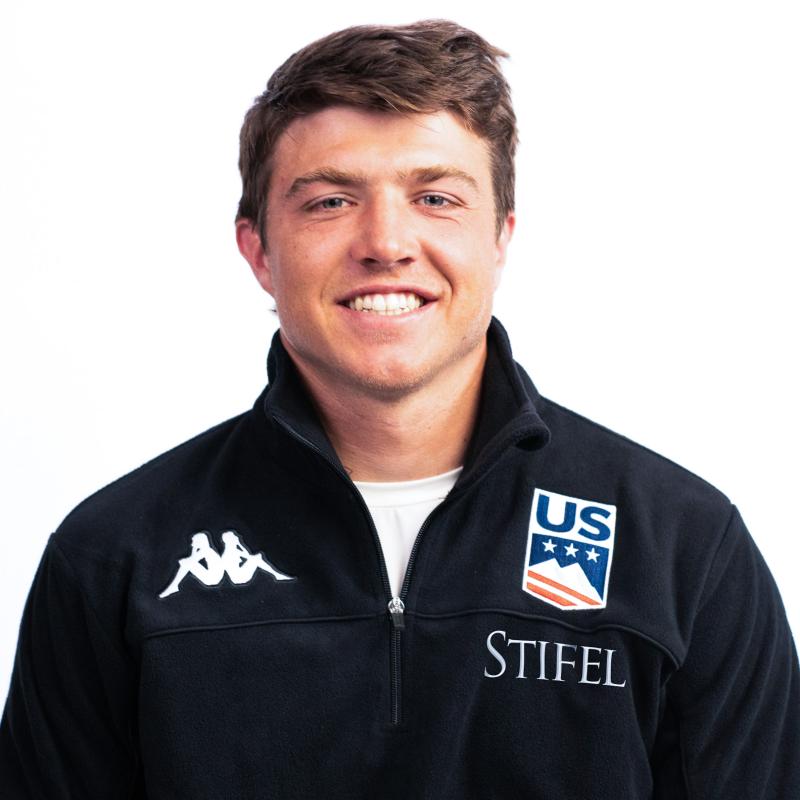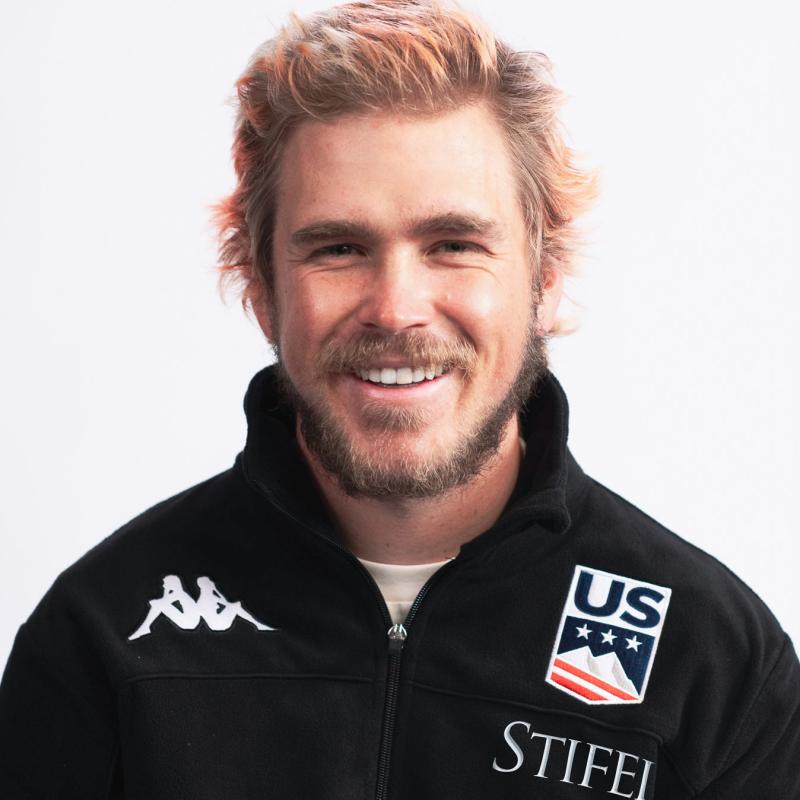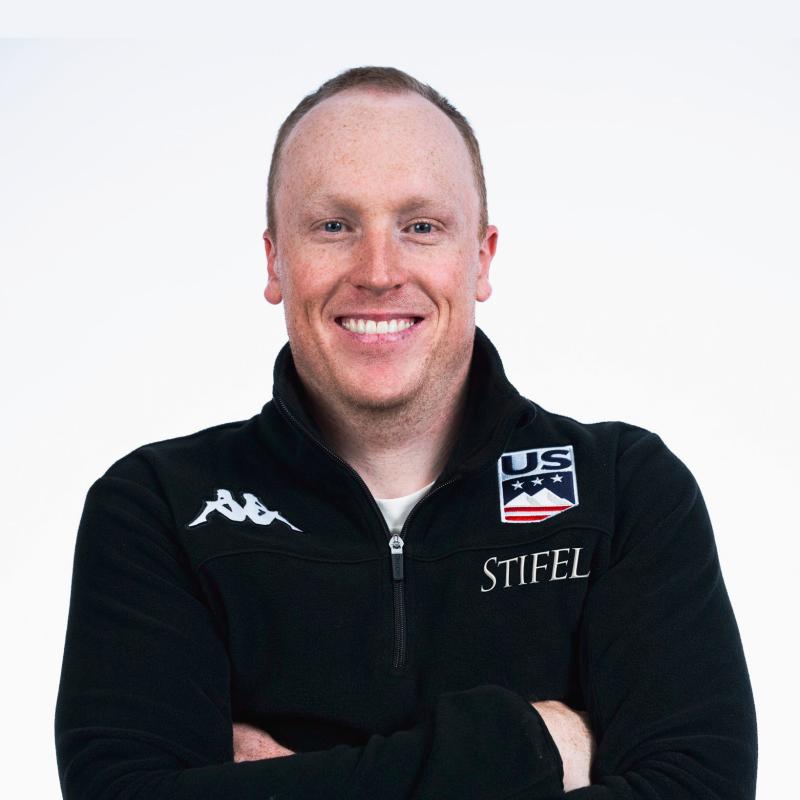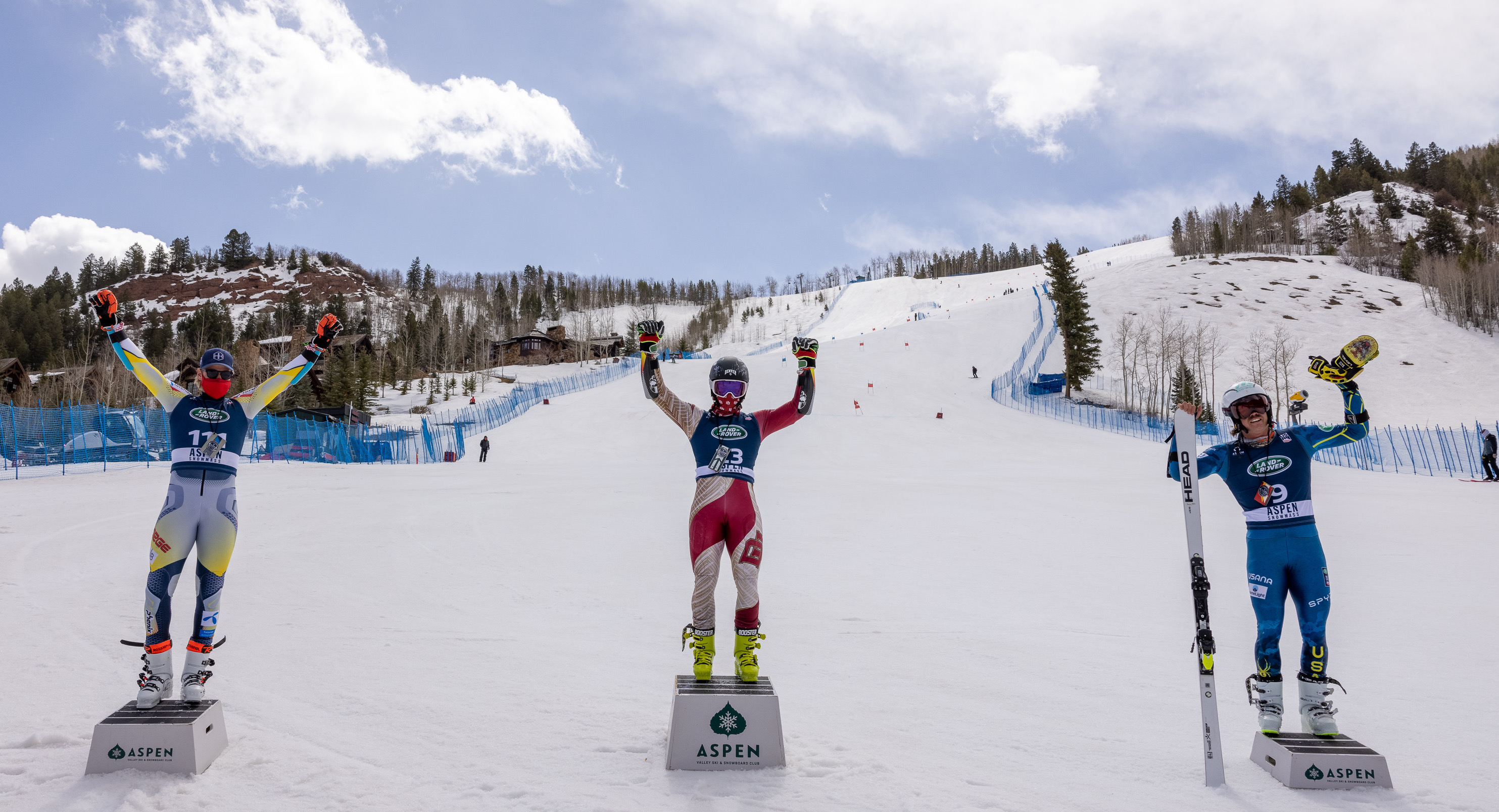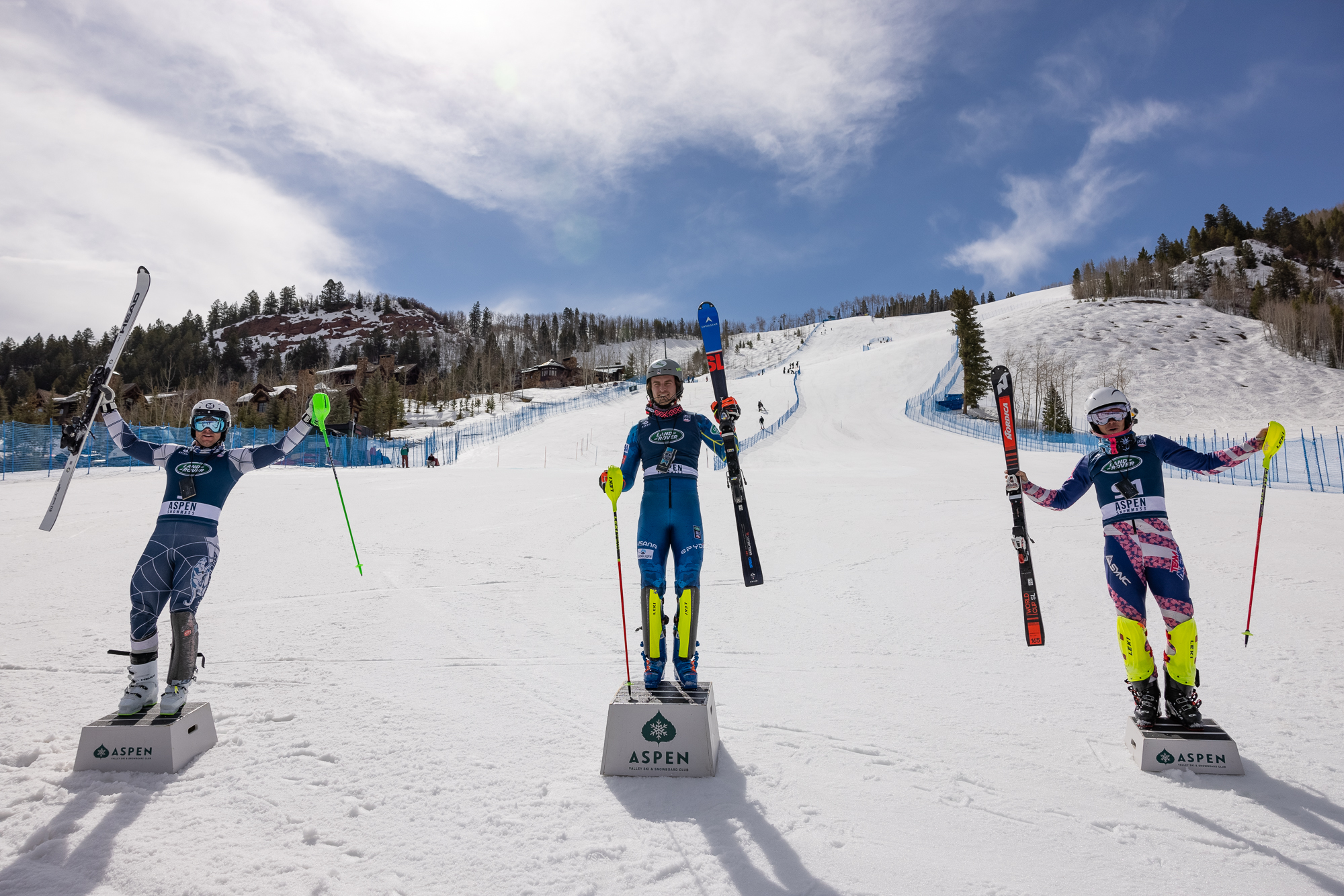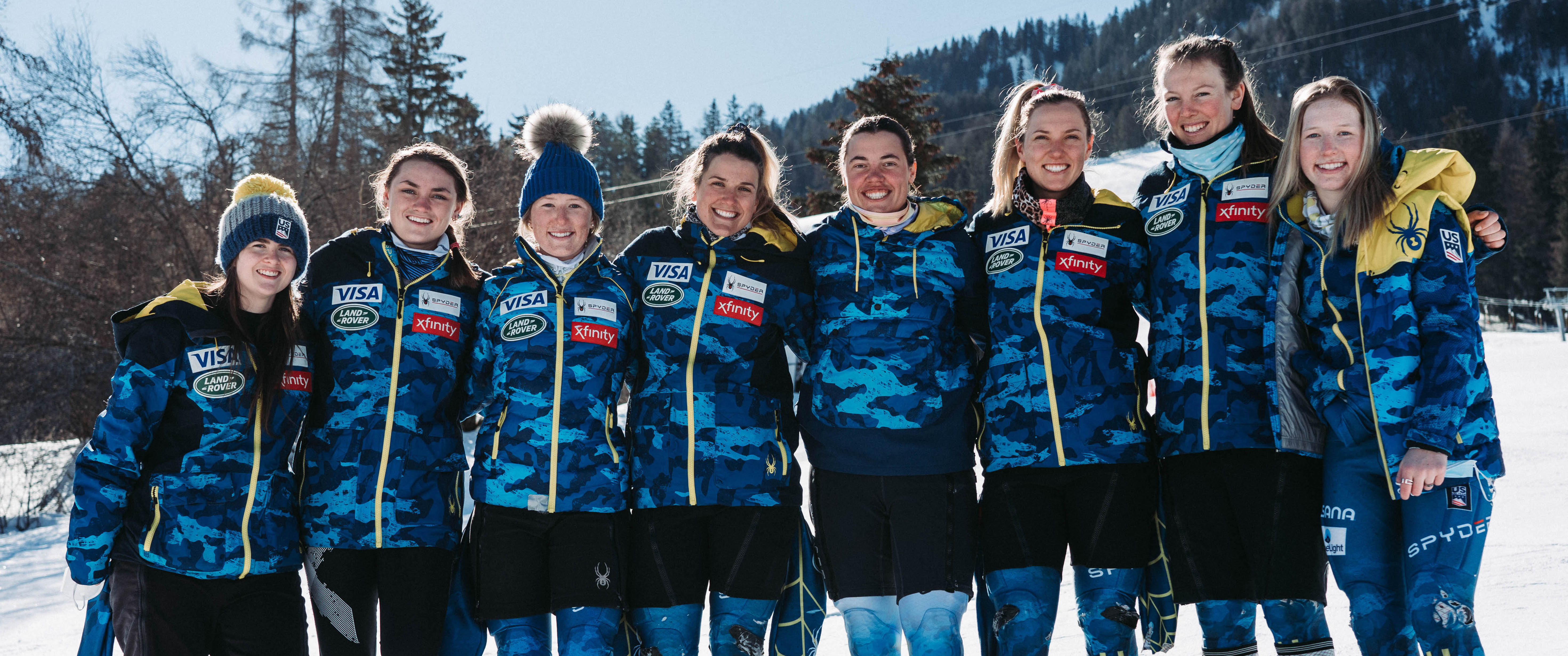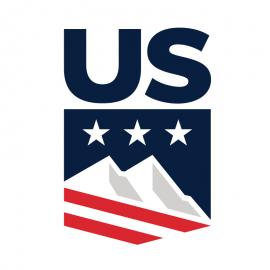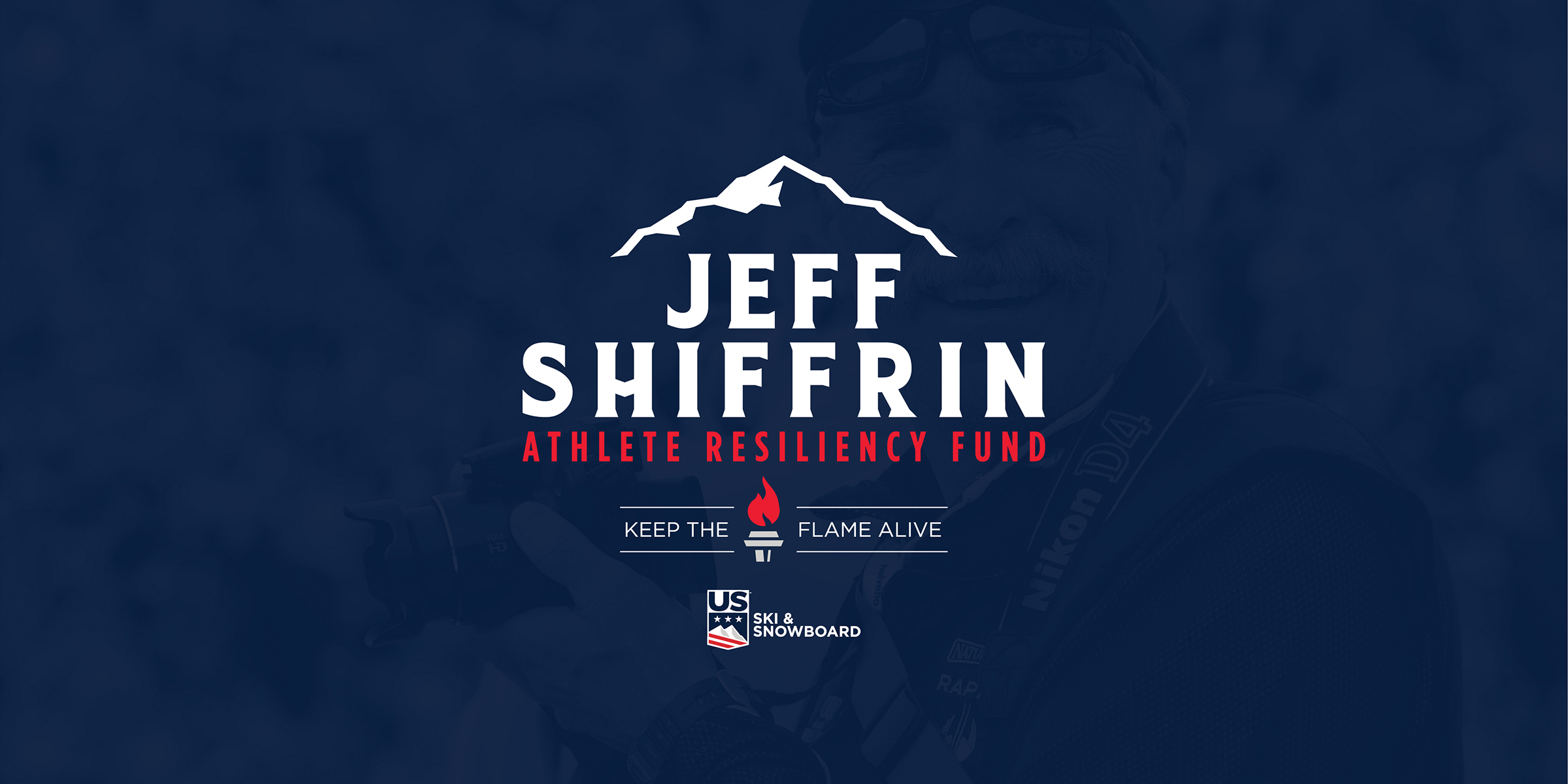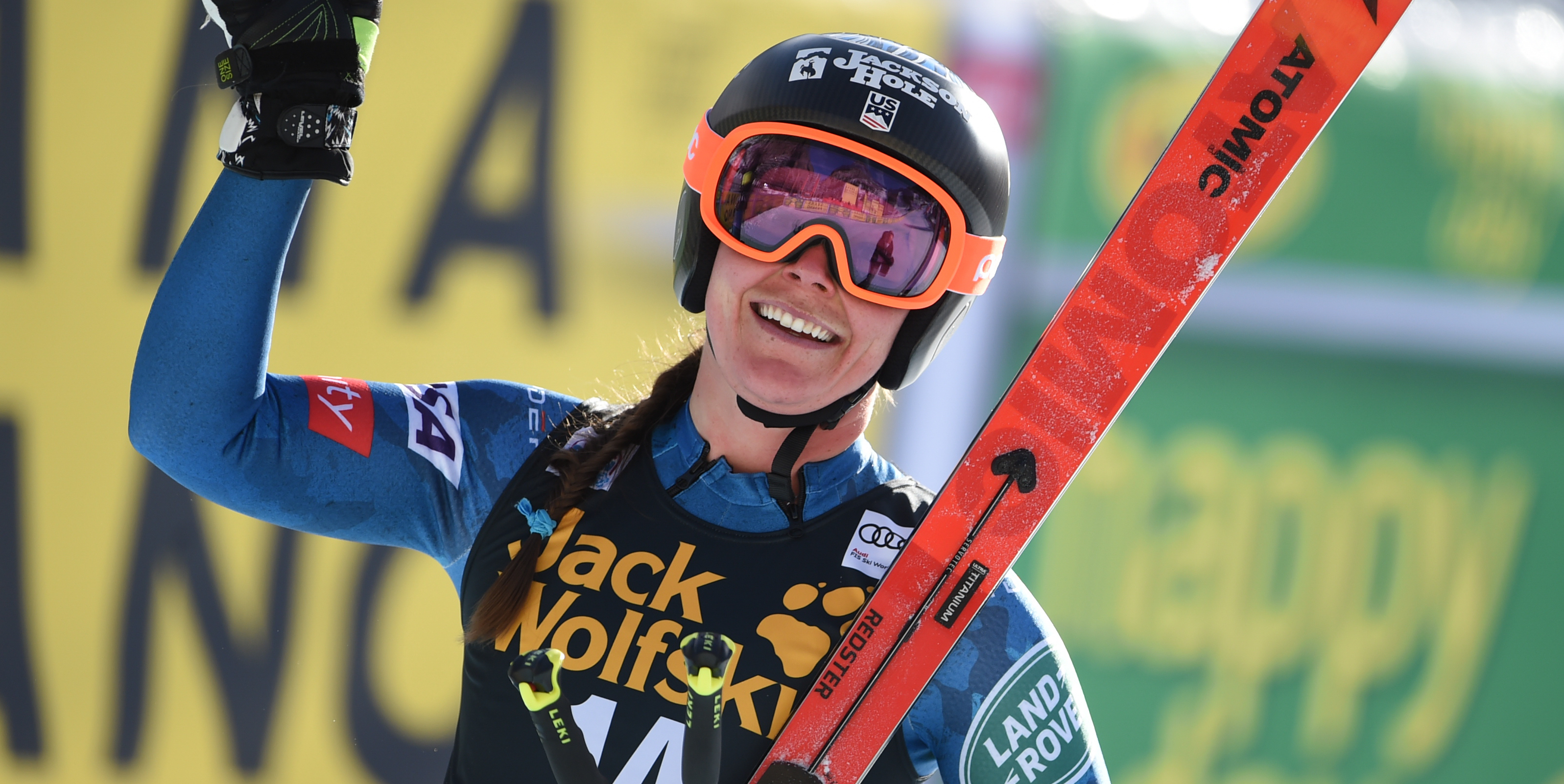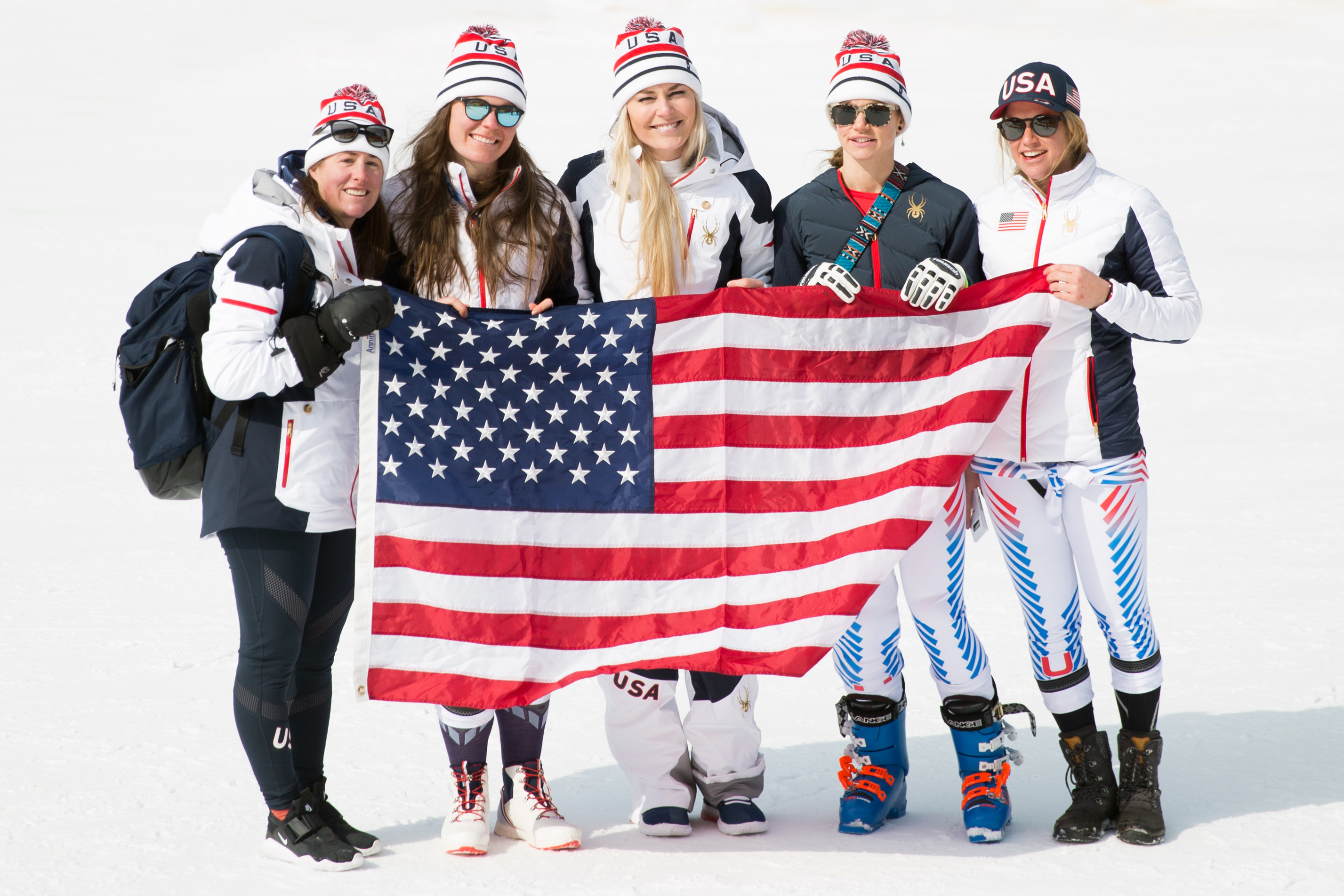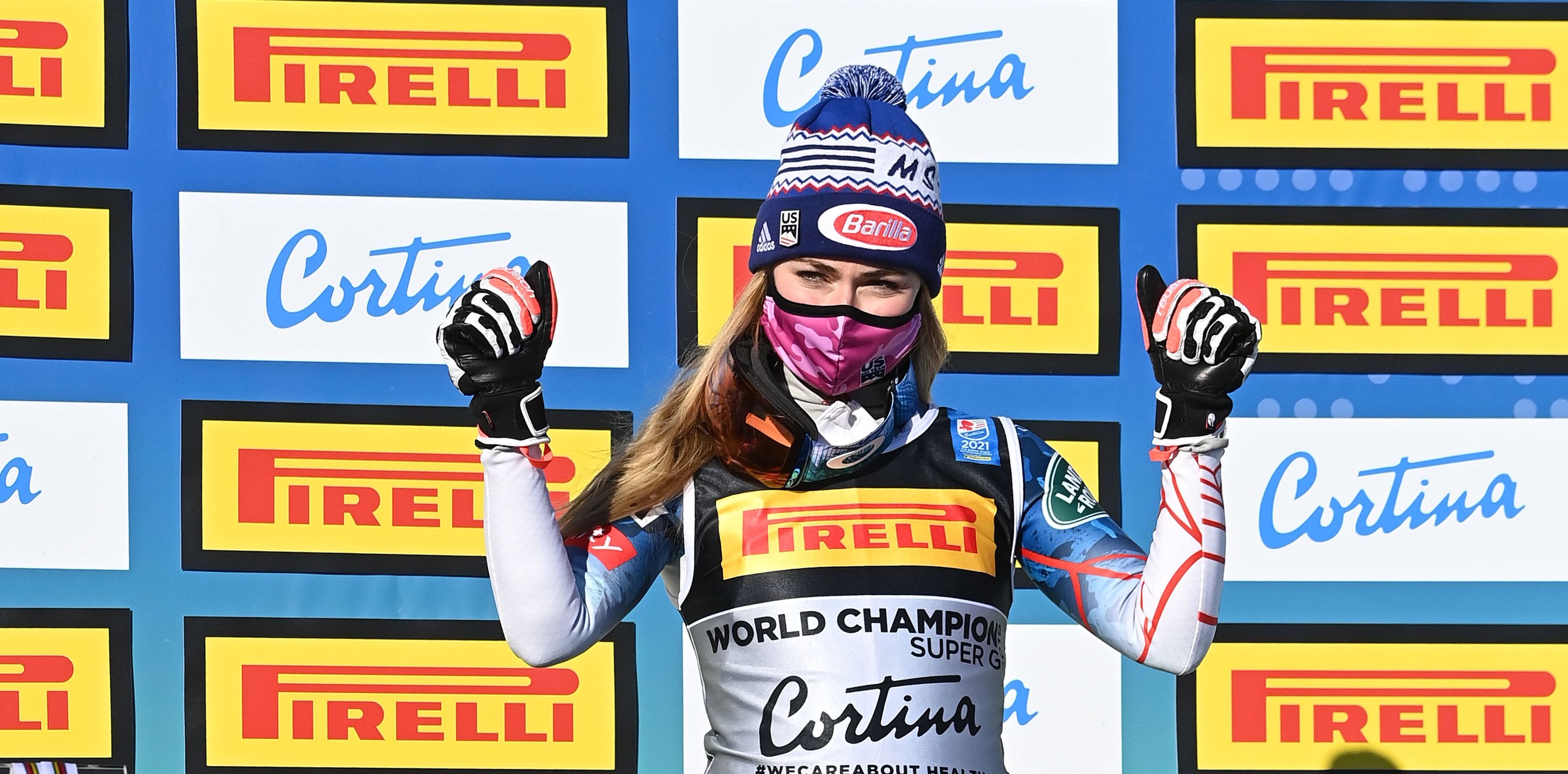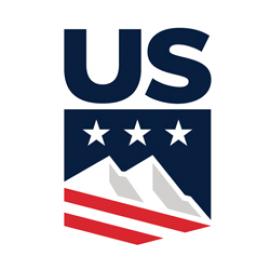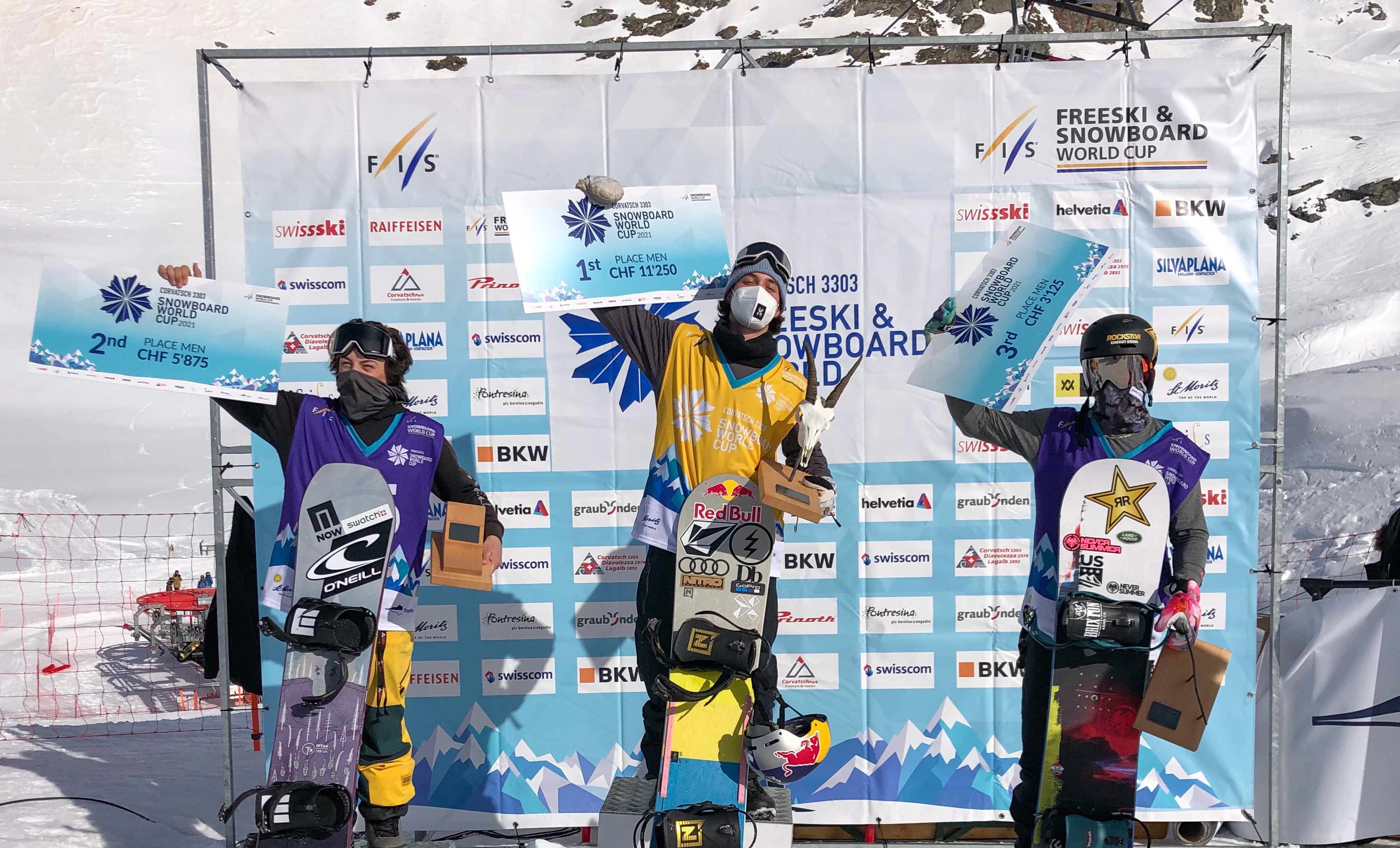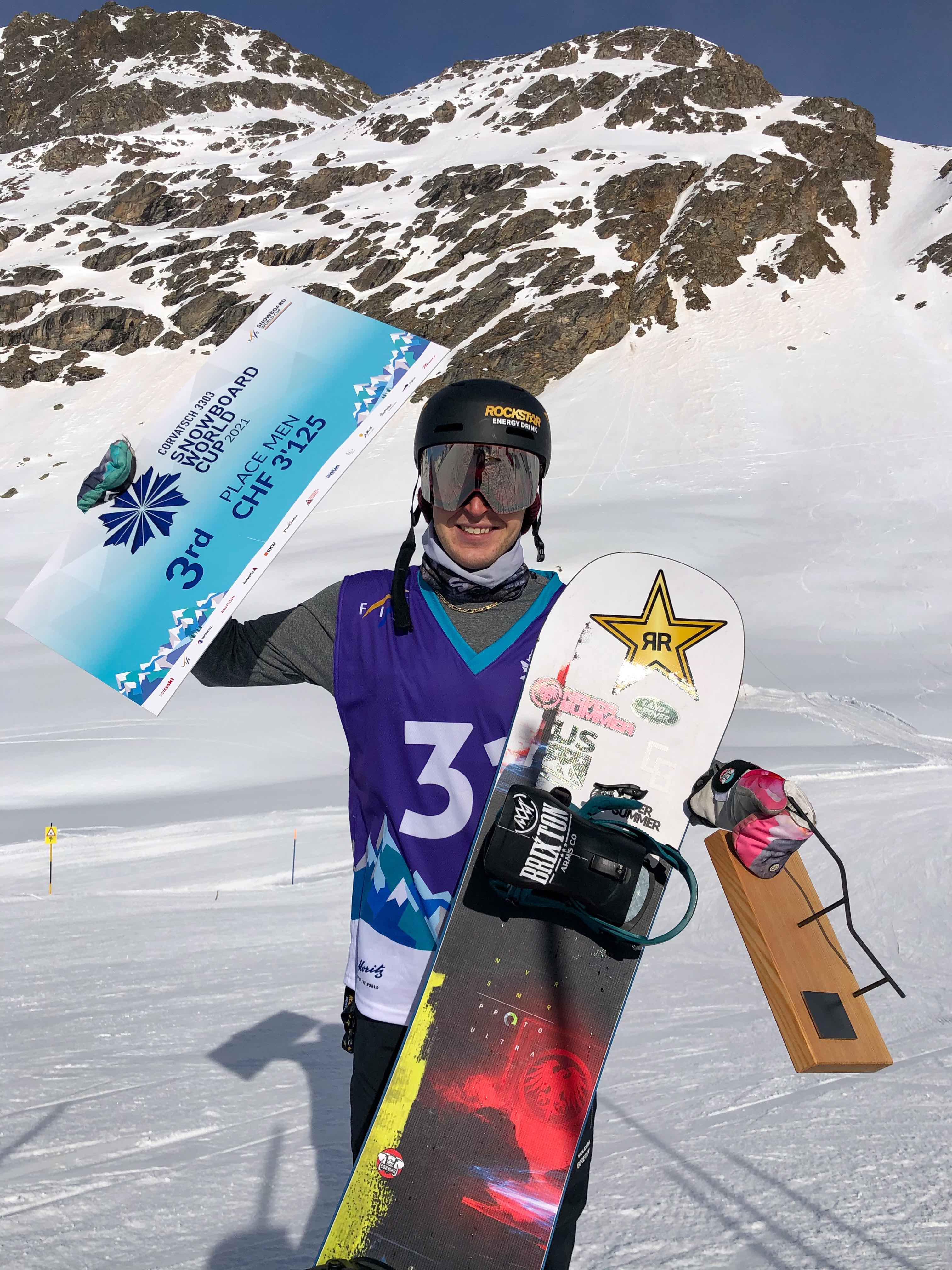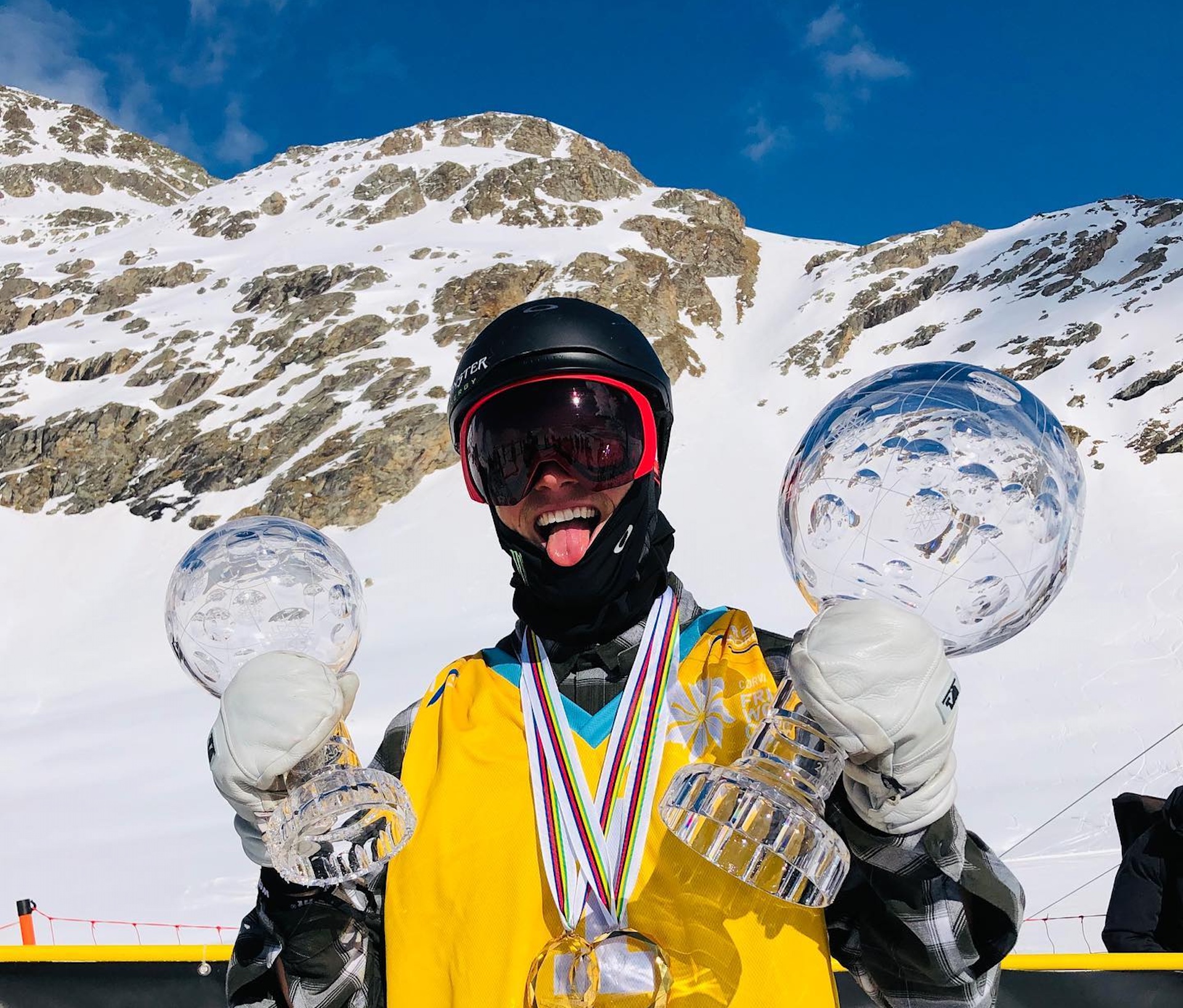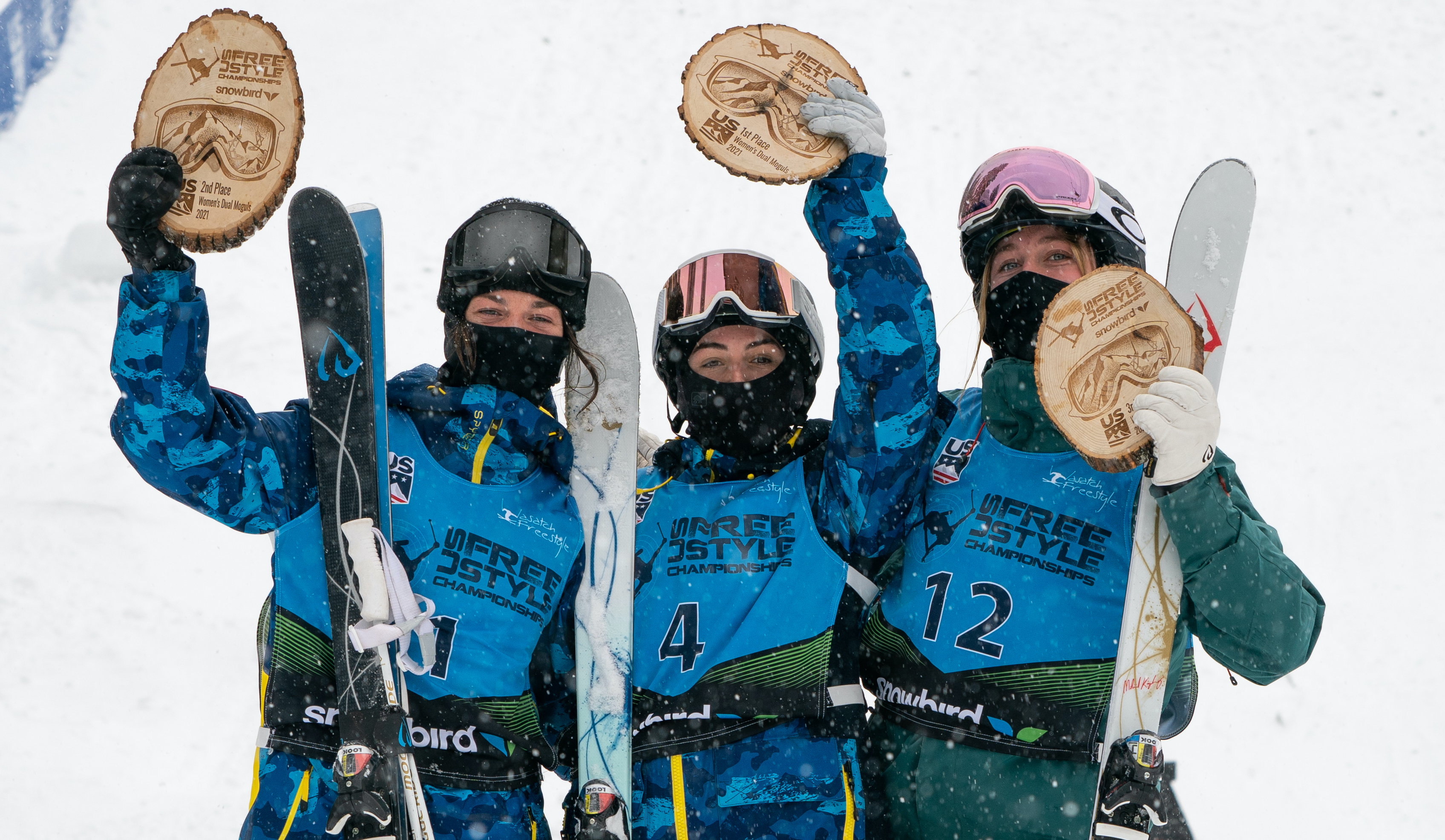Radamus Victorious in Super-G, Winters Wins Alpine Combined
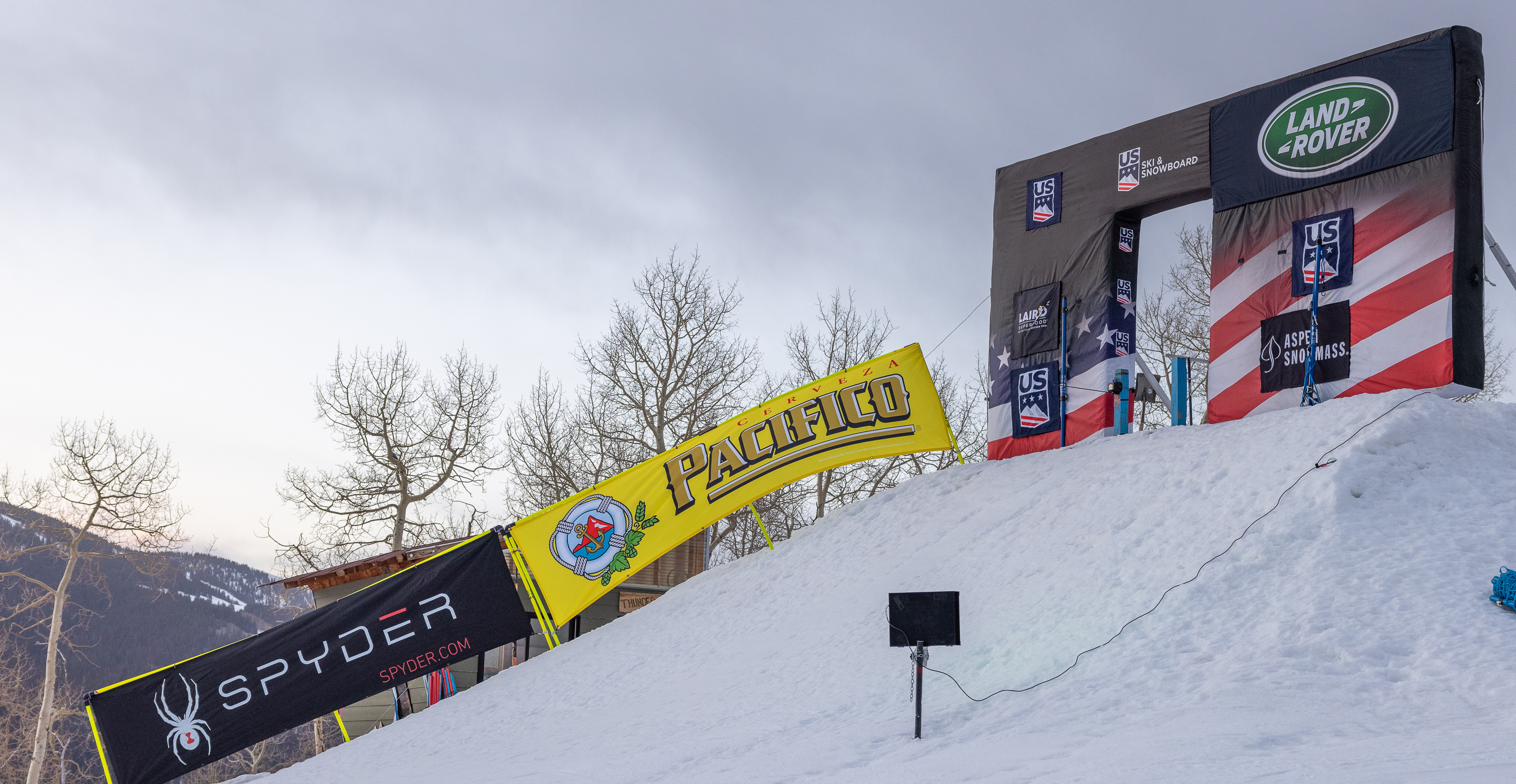
On day three of the U.S. Alpine Championships at Aspen Highlands, the men came out charging, with Land Rover U.S. Alpine Ski Team athlete River Radamus emerging victorious in the super-G, while teammate Luke Winters grabbed the win in the alpine combined.
With colder overnight temperatures, the conditions for the super-G were super solid and the guys were stoked to ski a flowy, fun super-G course to start off the day. Radamus won the run, with Winters—who hasn’t donned a pair of the longboards since a fall camp at Official Training Site Copper Mountain, Colo.—.16 seconds back in second, and speed specialist Sam Morse rounding out the podium in third, .22 off Radamus’ pace.
Up next was the slalom portion of the alpine combined, and University of Denver and Alpine Canada athlete Simon Fournier—who was fifth in the super-G portion of the combined, .53 seconds out—came out charging and went into a healthy lead over the U.S. Ski Team’s Cooper Cornelius by .59. But, Winters was coming. Winters came down into first by .27 over Fournier, and Radamus came down into third, .51 seconds back. Cornelius ended up in fourth, just off the podium.
Wednesday’s super-G victory marks Radamus’ career-first national super-G title, while Winters is grabbing his second alpine combined national title. Both were psyched to finish off the long season with solid results. “I really took the super-G today more as a win...I haven’t skied super-G since Copper, and I went out bib one and just did what I could and had a lot of fun with it,” Winters commented. “It went well for me, so I was excited about that and then I knew I had a good chance in slalom. Made my way down, came down into first. I’m psyched—this is my second combined win at Nationals, so I’m psyched.”
Radamus, who won the 2020 giant slalom national title at the rescheduled U.S. Alpine Championships last fall at Official Training Site Copper Mountain, Colo, was satisfied with his results on the day, and happy for his teammate Winters as well.
“It’s really fun to come back to Nationals and wrap up the season here...little less pressure than the heart of the World Cup season, and I felt like I was able to ski a little bit freer,” reflected Radamus. “Super-G was awesome, I really enjoyed the course...it was just sort of flowy and not a lot to it. There’s a lot of really strong skiers in the super-G field, like Erik [Arvidsson] and Goldy [Jared Goldberg], who had World Cup success this year, so I didn’t have a lot of expectations on myself. I just tried to commit to my line and go as straight as I possibly could, and it flowed pretty nicely and I did well there.”
Radamus admitted his teammate Winters is tough to catch in slalom, but he gave him a good challenge. “In slalom, I knew I was in for a battle with Luke—he’s skiing amazing in slalom right now—and I really wanted to execute and give him a good fight,” Radamus said with a giggle. “He’s really good though, so I didn’t quite do what I wanted to, but there’s no shame in losing to him right now so I’m satisfied.”
The three fastest juniors for the day in the super-G were Land Rover U.S. Alpine Ski Team athlete Isaiah Nelson, Team Clif’s Jack Bowers, and Jackson Hole Ski & Snowboard Club’s Bridger Harrison. The top three juniors for the alpine combined were Land Rover U.S. Alpine Ski Team athlete Ben Ritchie, Steamboat Springs Winter Sports Club’s Cooper Puckett in second, and Bowers in third.
Winters was amped for the younger guys and was talking about how much it meant to him as a young kid to ski with his World Cup heroes at Nationals, and what kind of impact that had on him. He also commented on how lucky we all are to be here in Aspen for Nationals and to have pulled off a full season of skiing.
“We’re so lucky to be able to do this race, and also to have been able to compete at the World Cups all season long, basically without many hiccups,” Winters said. “Five years ago when I was doing my first Nationals’ races, I was looking up at the guys—[David] Chodounsky and all the older guys—waiting for my turn, and looking up to those guys. So it’s cool to be on the podiums consistently here.”
Looking back to one year ago when 2020 U.S. Alpine Tech Championships were slated to take place at Aspen, it's a miracle the event is able to happen at all this season. Despite the fact that there are no spectators and limited media at the event, there is a sense of gratitude for the ability to race at all. Fans can follow the action via Instagram, Facebook, and Twitter.
Up next in the U.S. Alpine Championships is downhill training for both men and women on Friday and Saturday.
The 2021 U.S. Alpine Championships at Aspen is contingent on local and state health department approvals based on existing and future COVID-19 rules and regulations. FIS, U.S. Ski & Snowboard, the local organizing committee, and Aspen Snowmass are taking a unified approach consistent with guidance from federal, state, and local health authorities.
RESULTS
Men's super-G
Men’s alpine combined
2021 U.S. Alpine Championships at Aspen - Event Schedule
Friday, April 9, Downhill Training, Men/Women
Saturday, April 10, Downhill Training, Men/Women
Sunday, April 11, Downhill National Championships, Men/Women
Tuesday, April 13, Super-G/Alpine Combined National Championships, Women
Thursday, April 15, Giant Slalom National Championships, Women
Friday, April 16, Slalom National Championships, Women
Media:
Virtual Media Hub
Media Contacts:
Aspen Snowmass
Tucker Vest Burton, (970) 300-7020, tvestburton@aspensnowmass.com
U.S. Ski & Snowboard
Megan Harrod, (435) 714-9393, megan.harrod@usskiandsnowboard.org
